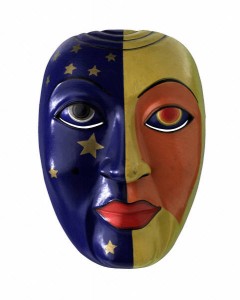How to Handle Bipolar Hypomania
After my recent post about stress leading to hypomania in bipolar, I’ve had a couple of questions about what tools I use to handle hypomania. I’m happy to share my experience with hypomania but I can’t promise it will agree with your own. (Remember, hypomania is not the same as mania. In bipolar I, mania can easily be life-threatening.)
Are You Hypomanic?
I know it’s tough to admit you’re hypomanic, which is a mood, which is a symptom of bipolar, because many of us enjoy parts of hypomania and we don’t want it to go away, especially considering some of the alternatives. We just want to believe we’re feeling “good.” Really good. Which would be nice.
Nevertheless, the first step in dealing with bipolar hypomania is realizing that you’re hypomanic. And, of course, there are various degrees of hypomania – the more hypomanic you are the more worried you probably should become. The more hypomanic you are the more you need to focus on dealing with it properly because the chances are greater are there’s a nasty depression waiting for you at the end. (See, Self-Diagnosing Hypomania.)
How to Handle Bipolar Hypomania – Self-Talk
So, once you know you’re hypomanic, what’s next?
Read More












Recent Comments